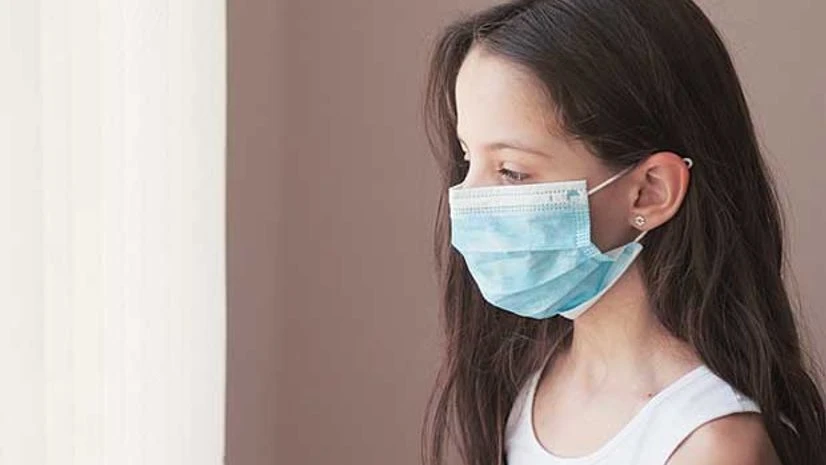Sweden-based air purifier firm Blueair, which is aiming India to be among its top three markets globally in next five years, would set up a manufacturing base here.
The company expects to corner 20 per cent market share in the next five years.
Blueair is presently studying the Indian market, tax structures, and various prospects and may announce a decision in this regard by the first quarter next year.
More From This Section
He further said: "India has a huge domestic market. The government is making a lot of efforts under 'make-in-India' and we definitely want to drive that cycle".
Blueair is expanding its product portfolio and its retail network as the company is aiming to have 20 per cent share of the market by the next four to five years.
"India would be among top three markets worldwide in next five years as the solution and awareness of air pollution are increasing in India and that rate would drive the growth here," Bapat said.
He further said: "The industry is estimated to be around one million units by 2020-21 and we would definitely aim for at least 20 per cent of the market".
The company is also expanding its presence in all tier II places in next two years.
"By 2017 mid we would be across the country and not only in one single channel but across all major channels as online, retail, b2b market," he said adding "we would have products also to go there. Our product portfolio is already lined up for 2017".
However, he declined to share the number of units sold in India till now and said: "Until now it was more a test market than anything else".
The company on Wednesday strengthened its portfolio by launching two new air purifiers ranges - Blue and IOT Smart classic.
The air purifier industry is presently estimated to be around Rs 150 crore and is growing at a CAGR of over 30 per cent from last two years.
In August, FMCG major Unilever announced the signing of an agreement to acquire Blueair. Blueair has presence in over 60 countries, and China and the US are the major markets.
(Only the headline and picture of this report may have been reworked by the Business Standard staff; the rest of the content is auto-generated from a syndicated feed.)

)
